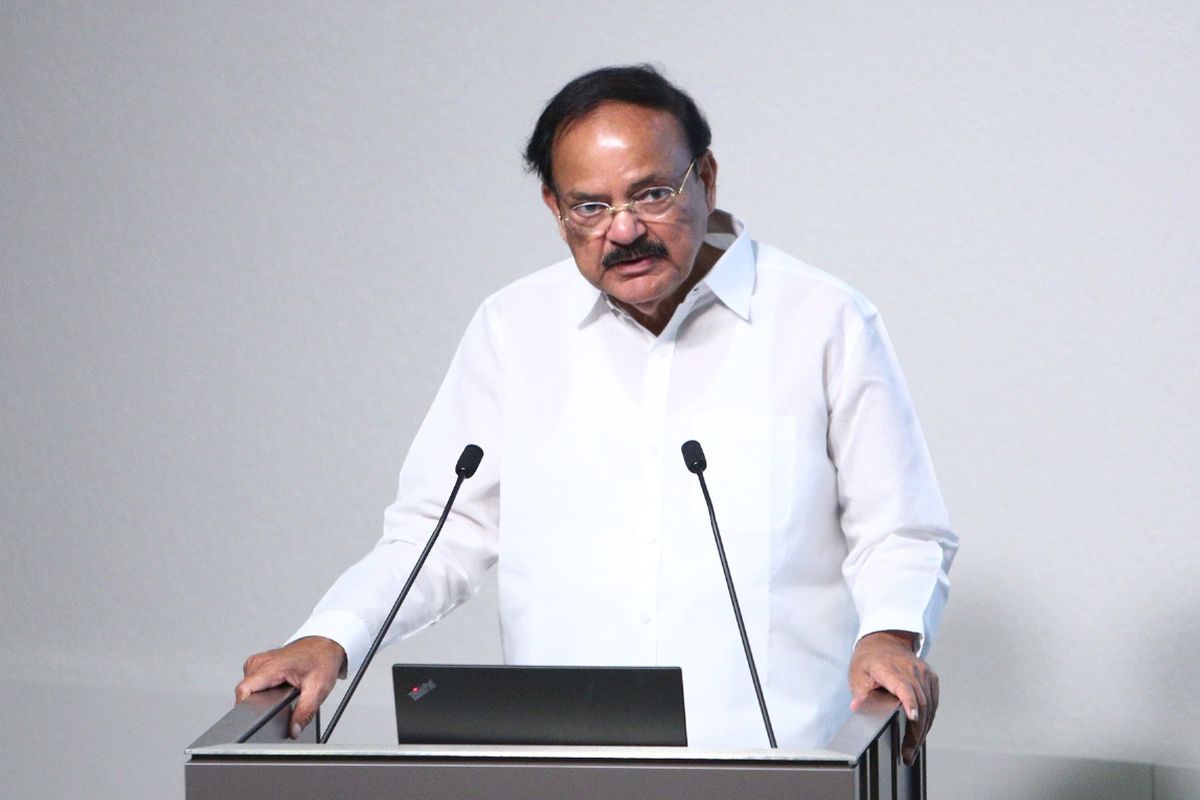The three-nation tour of Vice President M Venkaiah Naidu to Gabon, Senegal and Qatar ended today as he departed for New Delhi from Doha on Tuesday.
Naidu reiterated that India will further strengthen its historic friendship with Qatar and agreed that a high-level engagement should be sustained, including an early visit of Qatar’s Amir, Tamim bin Hamad Al Thani to the country. He reached Doha on Saturday accompanied by a high-level delegation including Minister of State for Health and Family Welfare Dr Bharati Pravin Pawar and three Members of Parliament, Sushil Kumar Modi, Vijay Pal Singh Tomar and P Ravindhranath.
Advertisement
Both sides positively assessed the developments in bilateral relations and Naidu expressed happiness at the first-ever visit at the Vice President level from India to Qatar.
Both sides expressed satisfaction at the continued engagement at the highest levels between both countries since the landmark visits of Qatar’s Amir to India in 2015 and Prime Minister Narendra Modi to Qatar in 2016.
Vice President Naidu reiterated the high importance attached by India to close and friendly relations with Qatar and the commitment to deepen multifaceted bilateral cooperation in trade, investment, energy, food security, defence, technology, culture, education, health, and media and people to people contacts.
On Sunday, Vice President launched the “India-Qatar Start-Up bridge” to link the start-up ecosystems of the two countries at the India-Qatar Business Forum in Doha.
He also addressed members of the business community at India-Qatar Business Forum and highlighted the strength of India-Qatar ties and called for building an enabling environment and forging more collaborations for mutual benefit.
India and Qatar decided in 2018 to establish a Joint Commission to strengthen the relations between the two countries in various fields with a view to further the common interests of their two friendly peoples.
It is tasked with formulating the required basis to strengthen the relations between the two countries, particularly in the economic, commercial, cultural, scientific, technological, information technology and educational fields.
The Joint Commission is co-chaired by the Ministers of External Affairs and Foreign Affairs of the two countries or their representatives.











